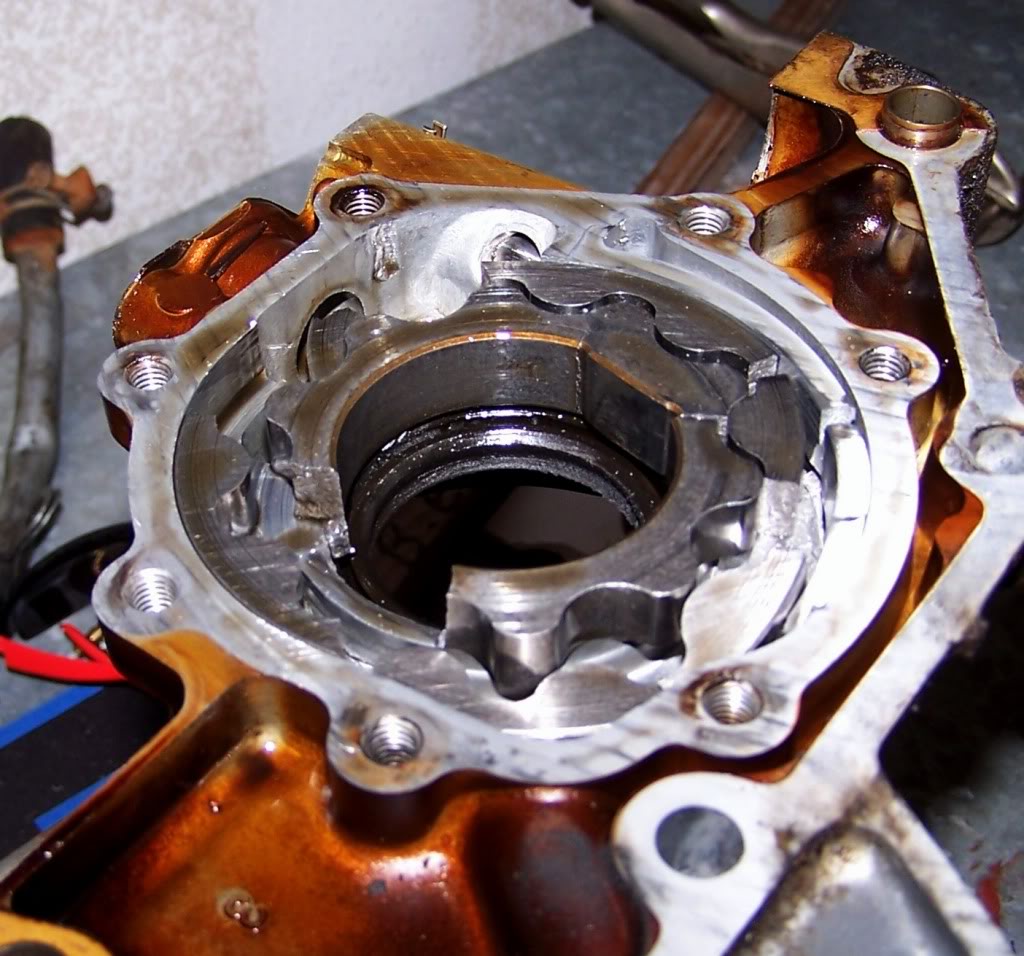Hello all. I hear mixed information that an undampened lightweight aluminum crank pulley will damage the engine by causing harmonic vibrations. The issue I see with this is that the piece of rubber on a factory pulley hardens over a short period of time and that defeats the purpose. I think the main issue is if an engine is externally a balanced with the pulley having a lightweight one can cause the crank to flex. So in theory it isn’t so much that vibrations will destroy the oil pump or bearings but crankshaft flex will. I have a 2.0t Accord if that helps. I also don’t see how vibrations are negated with a small piece of rubber. I’ve run solid motor mounts on one of my past cars with no issues - one mechanic even refused to install them saying it would destroy my engine. If solid motor mounts cause more vibrations then I don’t see how a lightweight undampened pulley will damage my engine. Should I install a lightweight crank pulley or is it safer keeping the stock one and not risking the small 5 horsepower gain. The aluminum pulley weighs only 0.8 lbs the stock pulley I recall is 5.5 lbs when dealing with rotational mass that’s huge. I did have an aluminum pulley on my first car back in high school a 1998 3000gt and I had no issues and it definitely made me spin the tires easier and improved throttle response. But that car only made 161 hp stock so any gain will likely be felt.
Thanks!

Thanks!
Last edited:



